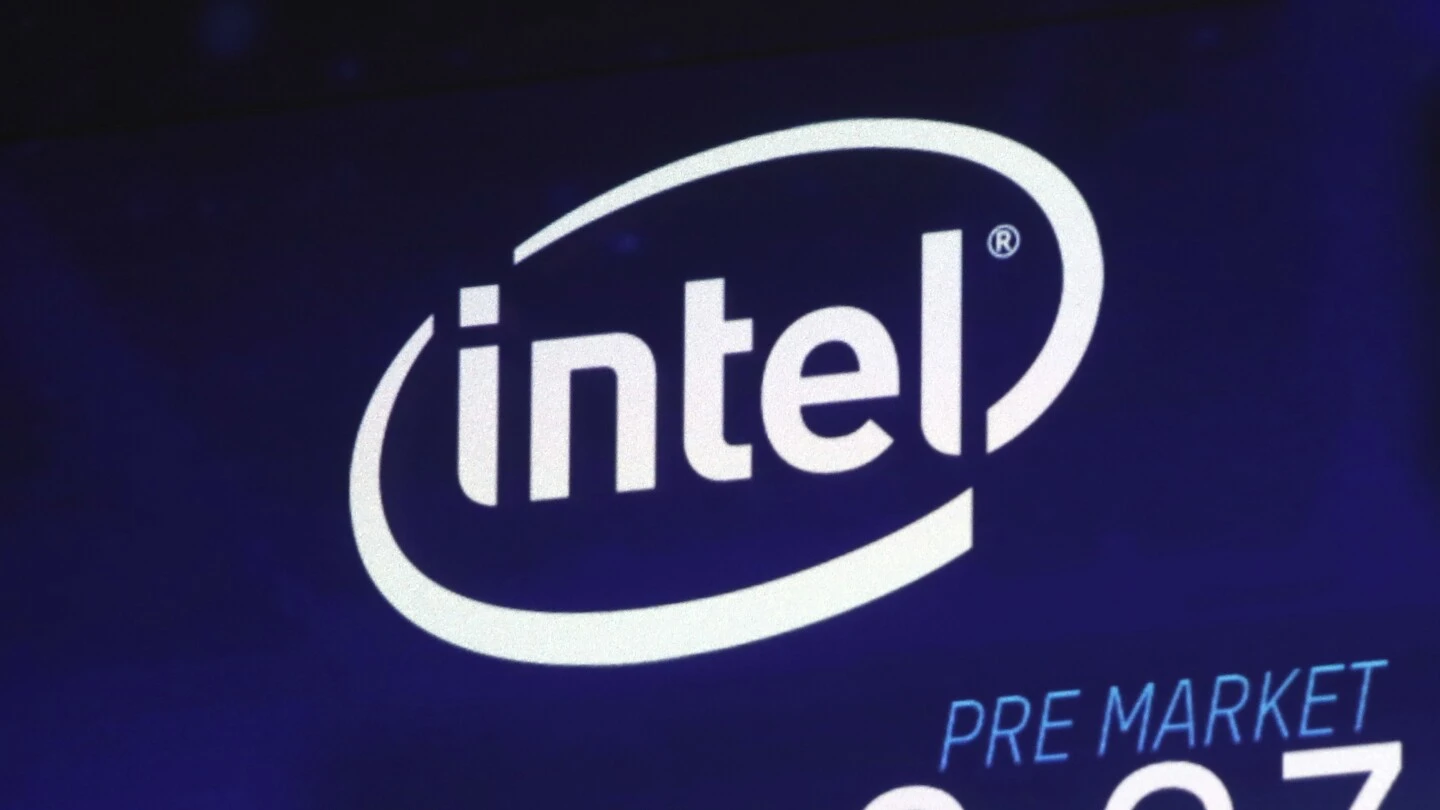Net revenue: $300 billion. Fines: $400 million.
🤔
Source for the revenue? Was only able to find figures in the $50-70bil range.
Profit $20-30bil.
Do you understand the case enough to make a more accurate judgement based on the relevant laws? I don’t, but believe that the court does.
The fine was 1b, 10 years ago. Nowadays chips have a geopolitical importance, so they lowered the fine to keep one of the most important player happy. Intel is finalizing contracts for billions here in Europe to build chip factories.
This was a smart political move, not a mathematical operation
Making deals with tyrants. I’m sure that will work out just fine.
Consider the alternative
Removed by mod
I bought an Asus Vivobook (M7400Q) last year. It sells with two variants, Intel and AMD. I obviously chose AMD…only to realise that the thunderbolt port on it has been crippled, not allowing USB-C charging.
Why? Because Intel paid ASUS to do so. So yeah, fuck Intel and fuck ASUS. And finally, the real kicker? ASUS discontinued the model, so I can’t buy a new charger for it either (which I needed for the office).
🤖 I’m a bot that provides automatic summaries for articles:
Click here to see the summary
LONDON (AP) — European Union antitrust enforcers slapped Intel on Friday with a fresh $400 million fine in a long-running legal fight that the chipmaker appeared to have won last year.
The European Commission imposed the 376.4 million-euro fine after a court threw out an original 1.06 billion-euro penalty issued in 2009 over allegations that the Santa Clara, California-based company used illegal sales tactics to shut out smaller rival AMD.
The commission, the 27-nation bloc’s top antitrust watchdog, accused Intel of abusing its dominant position in the global market for x86 microprocessors with a strategy to exclude rivals by using rebates and sales restrictions.
The EU’s General Court last year annulled the original decision, saying that the commission’s analysis of the rebates didn’t meet legal standards.
However, the court confirmed that the sales restrictions amounted to an abuse of Intel’s dominant market position.
Intel’s European press team didn’t respond immediately to an email seeking comment.
Saved 24% of original text.
Hopefully Intel ME will be banned.





